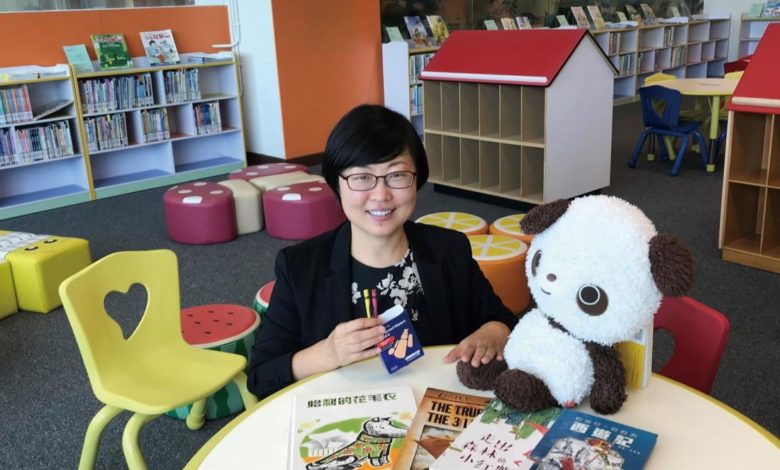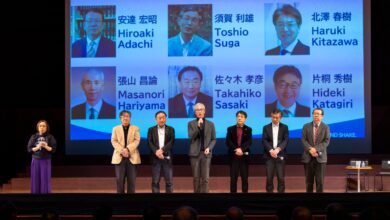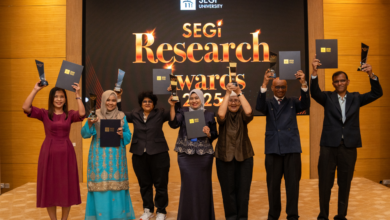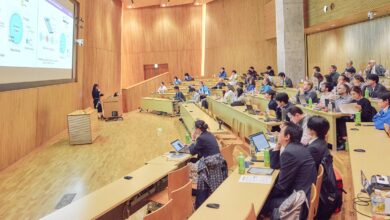EdUHK–Cambridge Joint Research Reveals Mechanisms Underlying Theory of Mind

Previous studies have established that there are cultural differences in children’s executive function (EF) and theory of mind (ToM) acquisition. Compared with a superior EF, the weak performance of children attending local schools in Hong Kong in age-appropriate tests of ToM has been well documented.
The awareness of mental states, such as the thoughts, wants, motives and feelings of others, and the realisation that these may differ from our own, are vital for social interaction and can affect learning. Therefore, the delay in acquiring this social-cognitive skill is worrying and raises questions: what are the factors that affect the pace of reaching these developmental milestones, and can children catch up?
To identify the underlying causes, Dr Wang Zhenlin, Assistant Professor at the Department of Psychology at The Education University of Hong Kong (EdUHK), collaborated with University of Cambridge faculty members Professor Claire Hughes and Dr Rory T Devine (now a lecturer at the University of Birmingham) to explore mechanisms which contribute to ToM development. Their two-part cross-cultural research, funded by the United Kingdom Economic and Social Research Council and the Research Grants Council of Hong Kong, addressed gaps in the literature. The first part looked at middle childhood; and the recently published research was the first study to directly compare false belief understanding (i.e., the understanding that an individual’s beliefs may not be an accurate reflection of reality) of local preschool children with that of children living in the West.
Some have attributed the marked contrasts between East and West to cultural differences, namely individualist versus collectivist cultures. Yet this cannot fully explain the perplexing delay among Hong Kong children relative to children in mainland China, especially as command of more than one language and having siblings are assumed to play a role in ToM development. Another factor is executive function (EF), but the researchers found that despite having a higher EF score, Hong Kong primary students had a significantly lower ToM score than their counterparts in the United Kingdom (UK).
Role of the family in child development
The researchers also explored the role of social environments. Typically, previous cross-cultural studies had not considered the influence of family factors on children’s ToM development. Through a battery of tasks, the researchers examined the correlation between parental mind-mindedness, namely the parents’ proclivity to view their children as mental agents, and their child’s ToM. Parents’ descriptions of their child were coded into four categories: mental, behavioural, physical and general. The findings showed that local parents offered far fewer mental or behavioural descriptions of their children than did UK parents, who were more likely to refer to mental attributes, especially desires and emotions.
The team’s findings support the conclusion that cross-cultural differences in children’s ability to reason about beliefs likely reflect differences in family life, related to parental mind-mindedness and are linked with parents’ ability to tune in and respond to the needs of their children. As the research revealed a persistent lag in local children’s social understanding, it is important to aid the development of ToM by spending time playing with children; listening to and talking to them about thoughts, wants, motives and feelings; engaging students in active learning; and investing more in social emotional learning.




